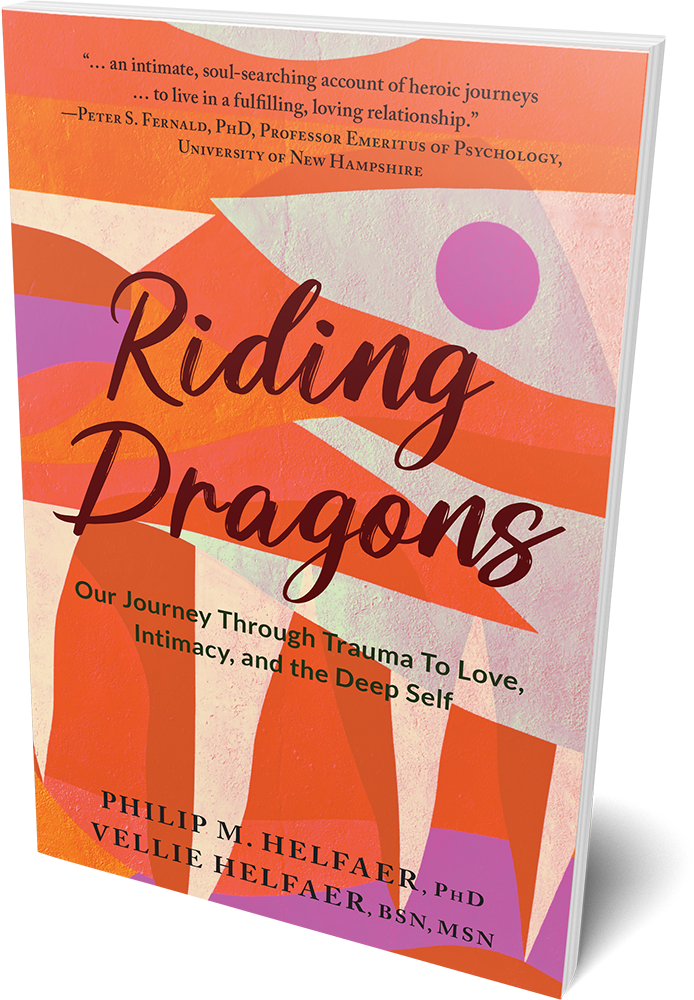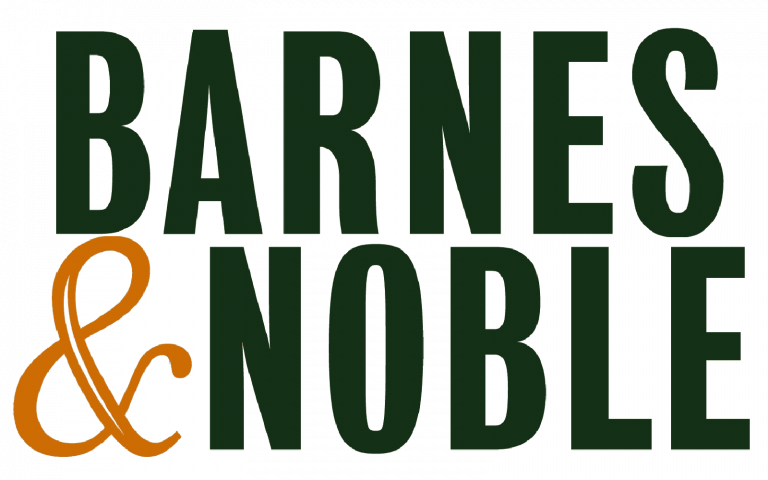Books
Riding Dragons
Our Journey Through Trauma to Love, Intimacy, and the Deep Self
Riding Dragons is a couple’s explorations of their hearts, souls, and intimate relationship. Both authors experienced lifelong inner obstacles to fulfilling their longings for sexual love. As a couple, they devoted their time and energy to freeing themselves from the pain, suffering, and torment left from traumatic childhood experiences. Their passion and goal was to bring alive their capacity for love.
Each author wrote their own series of chapters, and both write from the heart. Their “reports,” as they like to call them are presented in a unique way. Each chapter, and even each subsection, focuses on specific experiential moments and themes – without explanations or narrative. These moments are presented in detail and with clarity, so that, as unique and specific as they are, they illuminate common human experience in love relationships. Their writing is direct, honest – sometimes searing – and has unquestionable integrity.
Over the course of years the authors immersed themselves in an experiential process of change. They describe the various daily practices that facilitated their change. Daily work with breathing and the body kept them grounded and going in the right direction. Their journeys led them through deepening layers of the self and freed them to find love and joy.
Their portraits of themselves growing up in their families and cultures convey the reality and complexity of their inner beings. They show how, as adults, their childhood experience affected every corner of their lives, especially their sexuality and their way of being with the other. The depiction of how they each lived out their early experience in their adult lives is particularly stunning.
Through devotion and commitment to their journey together, profound changes evolved in each and in their relationship. We see that happiness may replace suffering, and love may flourish; to this, Riding Dragons bears witness.
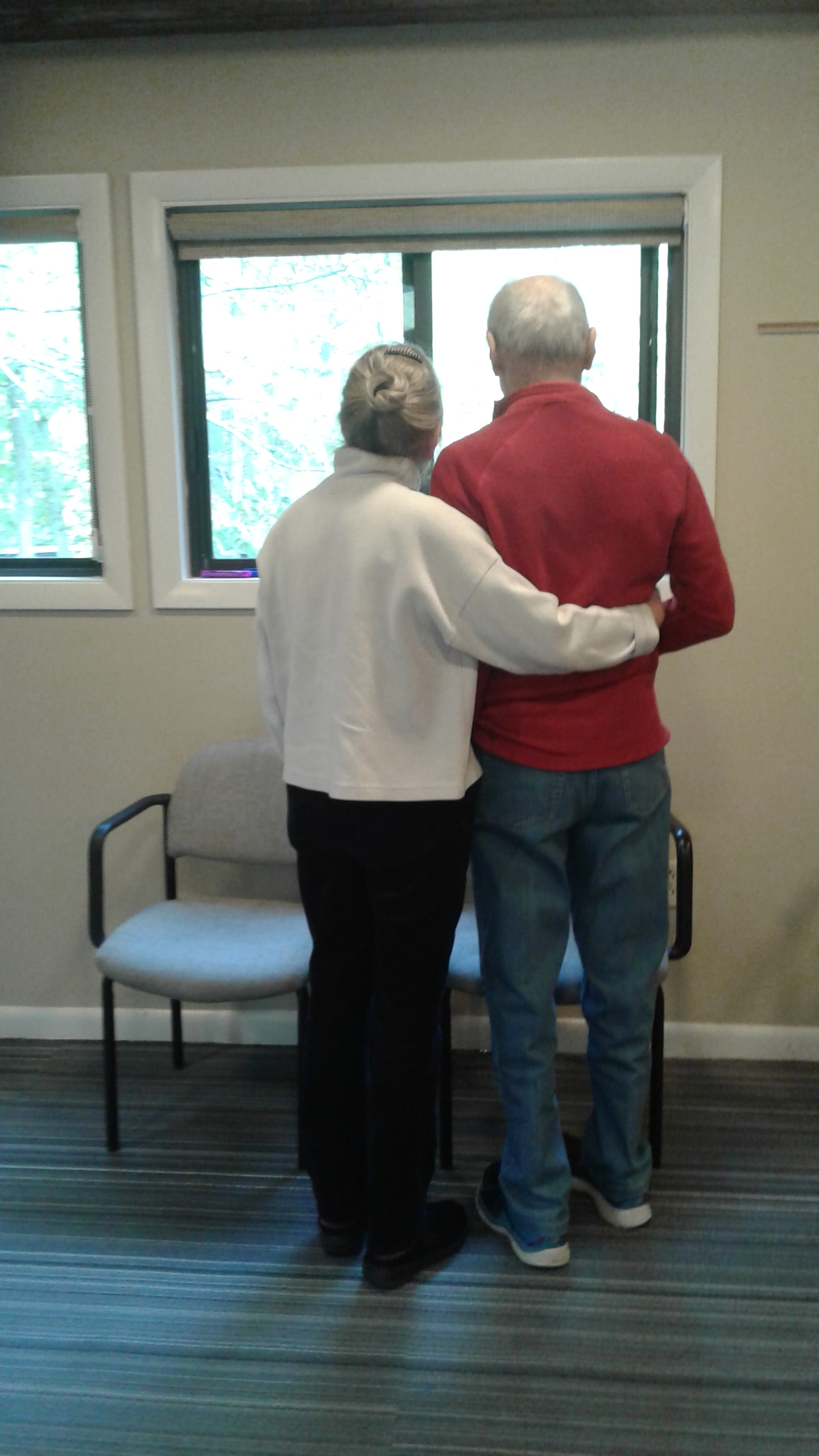
Why We Wrote the Book
We wrote this book for ourselves and each other. Writing was the necessary culmination of an ongoing process of healing and personal development that began when we first got together in 1980. It was fueled by our excitement about deepening our personal development and by the energy and fulfillment that came from realizing our capacity to love and be with one another. (A title we considered was “Being With.”)
Getting together as a couple, we wished for deep fulfilment of sexual love and intimate companionship. What happened was that coming together ignited anger, conflict, pain, sorrow, suffering, and inner disturbance – huge obstacles to love and fulfilment. We didn’t know ourselves in these experiences, and we required time to fully realize that they were the effects of childhood and adolescent traumas.
In long careers as psychotherapists, we observed many couples whose experience was similar to our own. We believe that, like ourselves, many people find their deepest fulfillment and greatest pain in the quest for love in an intimate relationship.
In our life together for over thirty-five years, we devoted the greatest amount of time and energy in getting to grips with the obstacles to love created by the effects of trauma that lived on in us as adults.
Our book is a report of our journey. Our story is universal, but the reader can learn the specifics of what we learned: the kinds of specific focused work we did; our approach through daily-life practices; and the meaning and effectiveness of self study. The reader can also learn how we worked with bodily oriented practices, our use of psychedelics, and the conscious use of masturbation as an approach to healing trauma. The reader can share in learning about the depth of emotion required of a healing journey and the commitment and length of time it may take.
"Riding Dragons is a daring experiment, a fierce commitment to the self, to personal growth, and most of all, to the beloved other."
—Kathleen Spivack, Author of With Robert Lowell and His Circle, University Press of New England, 2012; Unspeakable Things, Alfred A. Knopf, 2016-17
Other works by Philip M. Helfaer
Sex and Self-Respect
The Quest for Personal Fulfillment
v.2- 8.iv.2022
Seeking self-fulfillment is inherent in our human biology. For many, the desire for sexual love and intimacy is at its core, and in this quest we find our greatest joy and frequently our deepest sorrows. Sexuality and selfhood are two dimensions of our beings determining our path. Self-respect, a core process in the development of the self, guides the individual to ground their sexual life and all life choices in their bodily experience. Respectful parenting allows the healthy development of the child’s sexuality and his or her own self.
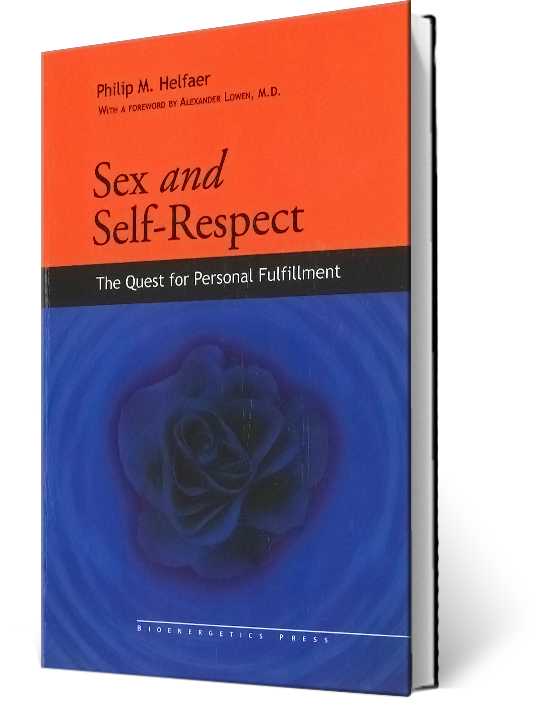
“Greatly impressed with the sensitivity of Helfaer to his patients and the respect he felt for their struggle to find some joy and fulfillment in their lives...excellent study of the human condition written with sympathy and understanding.”
—Foreword from Alexander Lowen, M.D., for Sex and Self-Respect
The Psychology of Religious Doubt
The heart of this well researched book is the study, by extensive interviewing and projective testing, of twelve young men recruited from five different theological schools. Based on an extensive questionnaire Helfaer developed (over one-hundred respondents), they each fell into one of four groups: those with a more conservative theology, those with a more liberal theology, and in each of those two groups, those who had doubts of various kinds about their religious beliefs and those who were not troubled by doubt.
Each of these studies demonstrate various ways that the religious belief system is an aspect of personality. Helfaer uses concepts that derive from psychoanalytic ego psychology and the work of Erik Erikson. From ego psychology we have internalization and ego synthesis. The emotional quality of student’s childhood and adolescent experience with parents and other caregivers are taken into and form the self. In conjunction with this, the religious stories, symbols, personal practices, and rituals of the family and culture are used in the integrative processes of ego synthesis to form those internalizations into a sense of wholeness, coherence, completeness, and a way of life. Inner conflicts arising from this process will present obstacles to a coherent wholeness, which may lead either to doubt or to a new synthesis and way of being.
One interesting observation that emerged in the study was what Helfaer calls the “precocious identity formation” which occurs in conservative contexts when the child, before adolescence and with family support, becomes a religious believer and presumptive minister. Disturbing doubt seems to occur in situations where the boy is overly involved with his mother’s emotional life from early on, and the boy is made special in comparison with a more inadequate father. This creates a conflict for the boy between developing into a sexual man and his wish and fear of staying forever one with his mother. This and many other revelations make this book “altogether interesting,” in the words of one reviewer.
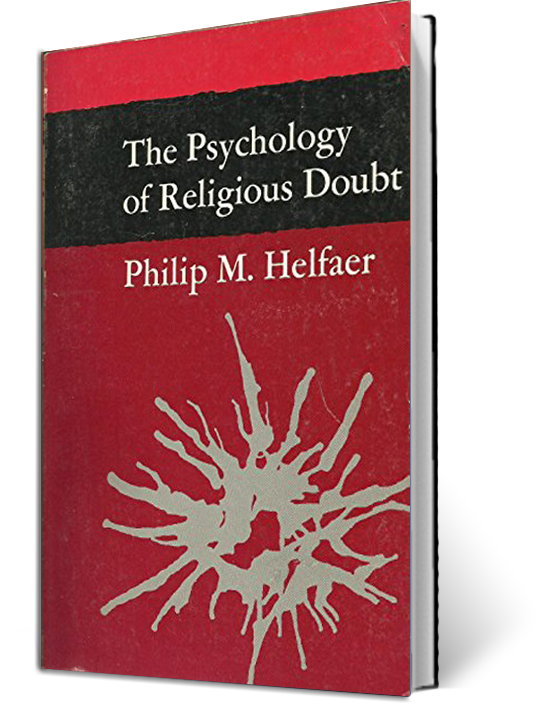
"This is an altogether interesting book with much to recommend it...Helfaer has made a substantial and important contribution."
—W.W. Meissner, S.J., M.D. Review of The Psychology of Religious Doubt. Theological Studies. Sept. 1973. Issue 3.

